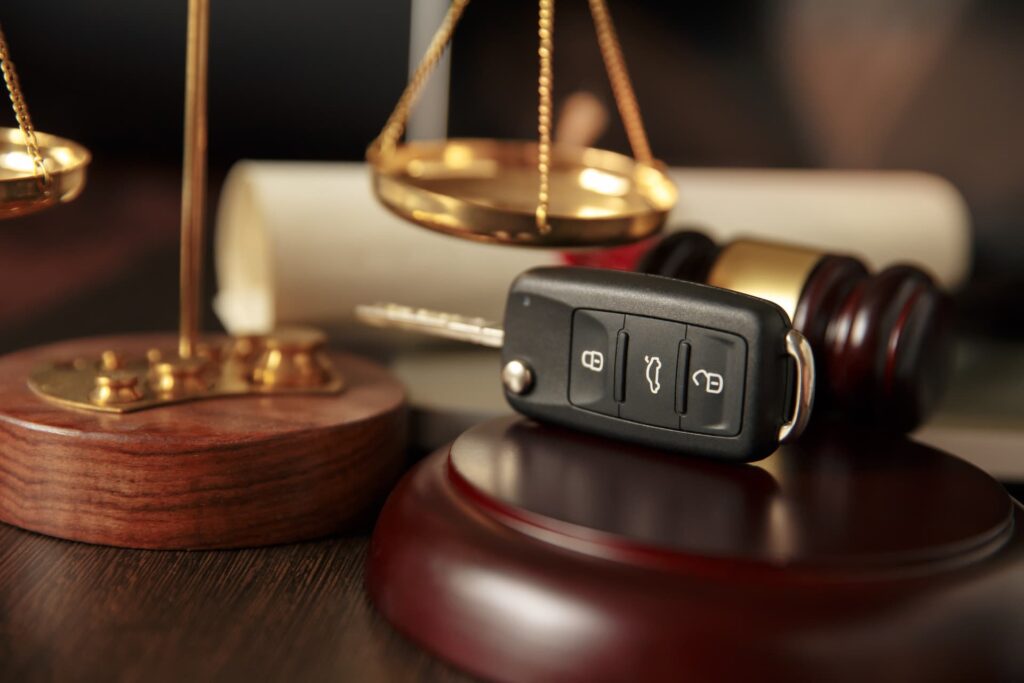Understanding DUI Charges and Their Implications
DUI charges can have serious implications on an individual's life, affecting not only their legal standing but also their personal and professional relationships. Understanding the nature of these charges is crucial for anyone facing such an accusation, as it can lead to significant penalties including fines, license suspension, and even imprisonment.
In Texas, a DUI charge is categorized based on the circumstances surrounding the offense, such as the driver's blood alcohol concentration (BAC) level and whether there were any aggravating factors involved. For example, a first-time offense may result in different penalties compared to repeat offenses or those involving accidents. It is essential to consult with a knowledgeable attorney who can guide individuals through the complexities of their specific situation.
Steps to Take After a DUI Arrest
After being arrested for a DUI, it is vital to take immediate action to protect your rights and future. The first step is to remain calm and cooperative with law enforcement, while also being aware of your legal rights. This includes the right to remain silent and the right to an attorney, which should be exercised as soon as possible.
Following the arrest, individuals should consider contacting a criminal defense attorney who specializes in DUI cases. They can provide valuable advice on how to navigate the legal process, including potential defenses, plea deals, and the implications of refusing a breathalyzer test. Additionally, understanding the timeline for court appearances and DMV hearings can greatly influence the outcome of the case.
The Role of the DMV in DUI Cases
The Department of Motor Vehicles (DMV) plays a critical role in DUI cases, particularly regarding the administrative consequences that can arise from a DUI arrest. Following a DUI charge, the DMV is responsible for handling license suspensions and determining whether a driver can retain their driving privileges.
In Texas, the DMV can impose an automatic suspension of driving privileges following a DUI arrest, even before a court trial. This administrative process is separate from any criminal proceedings and can have immediate effects on an individual's ability to drive. Understanding the DMV's procedures and timelines is essential for anyone facing DUI charges, and legal representation can help navigate these challenges effectively.
Common Defenses Against DUI Charges
When facing DUI charges, there are several common defenses that an attorney may employ to challenge the prosecution's case. These defenses can include questioning the legality of the traffic stop, the accuracy of breathalyzer tests, or the qualifications of the officers conducting the tests.
For instance, if an attorney can demonstrate that the officer did not have probable cause to initiate the traffic stop, this could lead to the dismissal of the charges. Additionally, challenging the reliability of breathalyzer results—due to improper calibration or administration—can also be a strong defense. Each case is unique, and a thorough examination of the facts is necessary to build an effective defense strategy.

